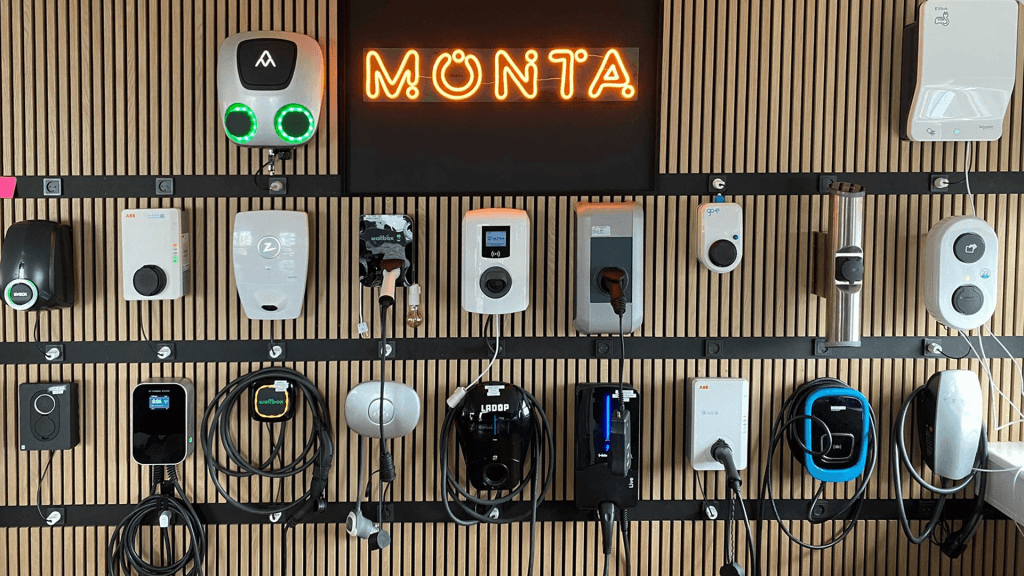Innovations in Healthcare: Bridging the Gap with Technology
The health industry is undergoing a remarkable transformation, driven by rapid advancements in technology. These innovations are reshaping how healthcare is delivered, making it more efficient, accessible, and personalised. Europe is at the forefront of many of these developments, with countries across the continent embracing digital health solutions. From telemedicine to wearable devices, the integration of technology into healthcare is not only improving patient outcomes but also revolutionising the entire landscape of medical practice.
Telemedicine: A New Era of Accessibility
Telemedicine has emerged as a game-changer in the health industry, particularly in the wake of the COVID-19 pandemic. Patients can now consult healthcare professionals from the comfort of their homes, reducing the barriers associated with traditional in-person visits. This is especially beneficial for those seeking to get help with addiction, as it allows for greater privacy and convenience. Individuals can access therapy sessions, support groups, and medical advice without the stigma that often accompanies addiction treatment.
Moreover, telemedicine has expanded the reach of healthcare services to rural and underserved areas. Patients who previously had limited access to specialists can now connect with experts through virtual consultations. This not only enhances the quality of care but also ensures that individuals receive timely interventions.
Wearable Technology: Monitoring Health in Real-Time
The advent of wearable technology has further propelled the health industry into a new era. Devices such as smartwatches and fitness trackers are not merely tools for monitoring physical activity; they are now equipped with advanced health-monitoring features. These devices can track heart rate, sleep patterns, and even stress levels, providing users with valuable insights into their overall health.
In Europe, wearable health technology is a rapidly growing market, with companies like Withings (France) and Biofourmis (Switzerland) leading the way in developing innovative devices. For those with addiction-related challenges, wearables can play a significant role in recovery. Some devices are designed to monitor physiological responses to cravings or triggers, alerting users when they may be at risk of relapse. This real-time data allows individuals to take proactive steps, such as engaging in mindfulness exercises or reaching out for support. By empowering users with information, wearable technology fosters a sense of accountability and encourages healthier lifestyle choices.
Artificial Intelligence: Enhancing Diagnostics and Treatment
Artificial intelligence (AI) is another transformative force in the health industry. AI algorithms are increasingly being used to analyse vast amounts of data, enabling healthcare professionals to make more accurate diagnoses and develop personalised treatment plans. In addiction treatment, AI can identify patterns in patient behaviour, helping clinicians tailor interventions that address specific needs.
Furthermore, AI-driven chatbots and virtual assistants are becoming integral components of mental health care. These tools provide immediate support to individuals seeking help, offering resources and guidance at any time of day. By bridging the gap between patients and healthcare providers, AI enhances the accessibility of mental health services, particularly for those who may be hesitant to seek traditional treatment.
Electronic Health Records: Streamlining Patient Care
The transition from paper-based records to electronic health records (EHRs) has significantly streamlined patient care. EHRs allow for seamless sharing of patient information among healthcare providers, ensuring that everyone involved in a patient’s care has access to the most up-to-date information.
In Europe, data privacy is a crucial aspect of EHR implementation. With EHRs, healthcare professionals can easily track a patient’s treatment history, medication adherence, and progress over time. This comprehensive view enables providers to make informed decisions and adjust treatment plans as necessary. Additionally, EHRs improve communication between different healthcare disciplines, fostering a collaborative approach to patient care.
Virtual Reality: Transforming Therapy
Innovative technologies like virtual reality (VR) are also making waves in the health industry. VR is being utilised in therapeutic settings to create immersive environments that can help individuals confront and manage their fears or triggers. For those dealing with addiction, VR can simulate high-risk situations, allowing patients to practice coping strategies in a controlled setting.
This experiential learning approach has shown promising results in enhancing treatment outcomes. By engaging patients in interactive scenarios, VR therapy can increase their resilience and preparedness for real-world challenges. As this technology continues to evolve, its applications in treatment and other areas of healthcare are likely to expand.
A Bright Future Ahead
The health industry is on the brink of a technological revolution that promises to enhance patient care and improve outcomes. From telemedicine and wearable technology to AI and virtual reality, these innovations are transforming how healthcare is delivered across Europe and beyond. As we continue to embrace these advancements, it is crucial to ensure that they are accessible to all. The future of healthcare is bright, and with ongoing investment in technology, we can look forward to a more effective and compassionate health system for everyone.






























